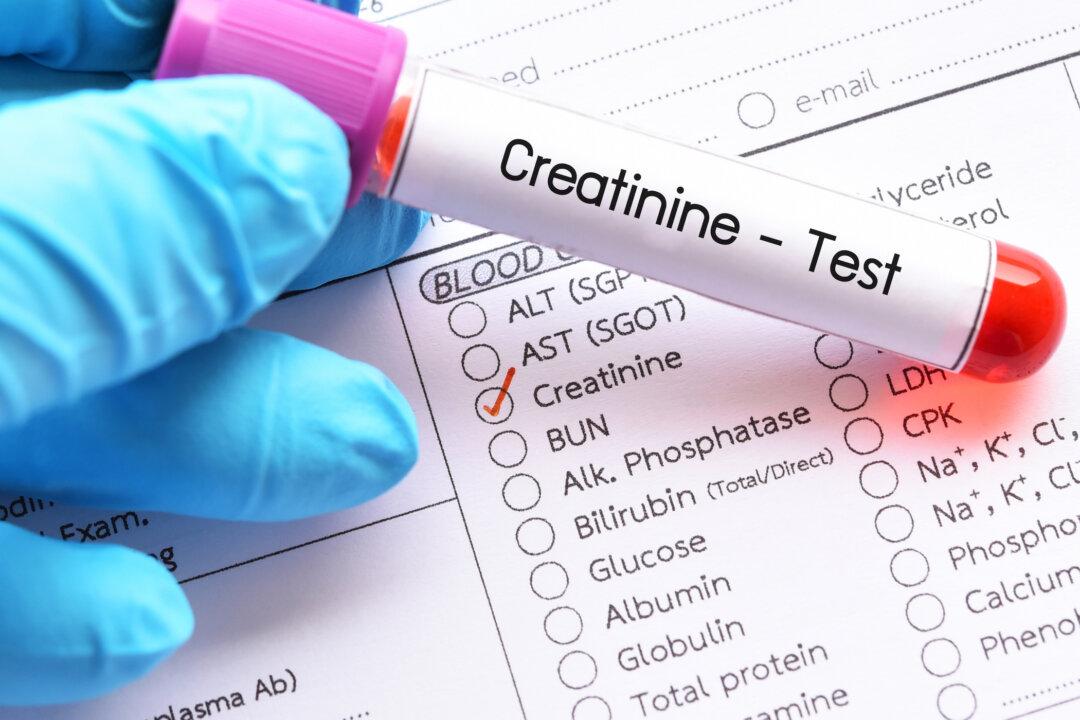COVID-19 long-haulers, even those with mild infections of the virus, experience significant decline in kidney function, according to a deep dive into federal health data.

By Jarun Ontakrai/Shutterstock
|Updated:

The findings add to concerns that many people who have had COVID-19 go on to suffer a range of adverse conditions months after their initial infections.
